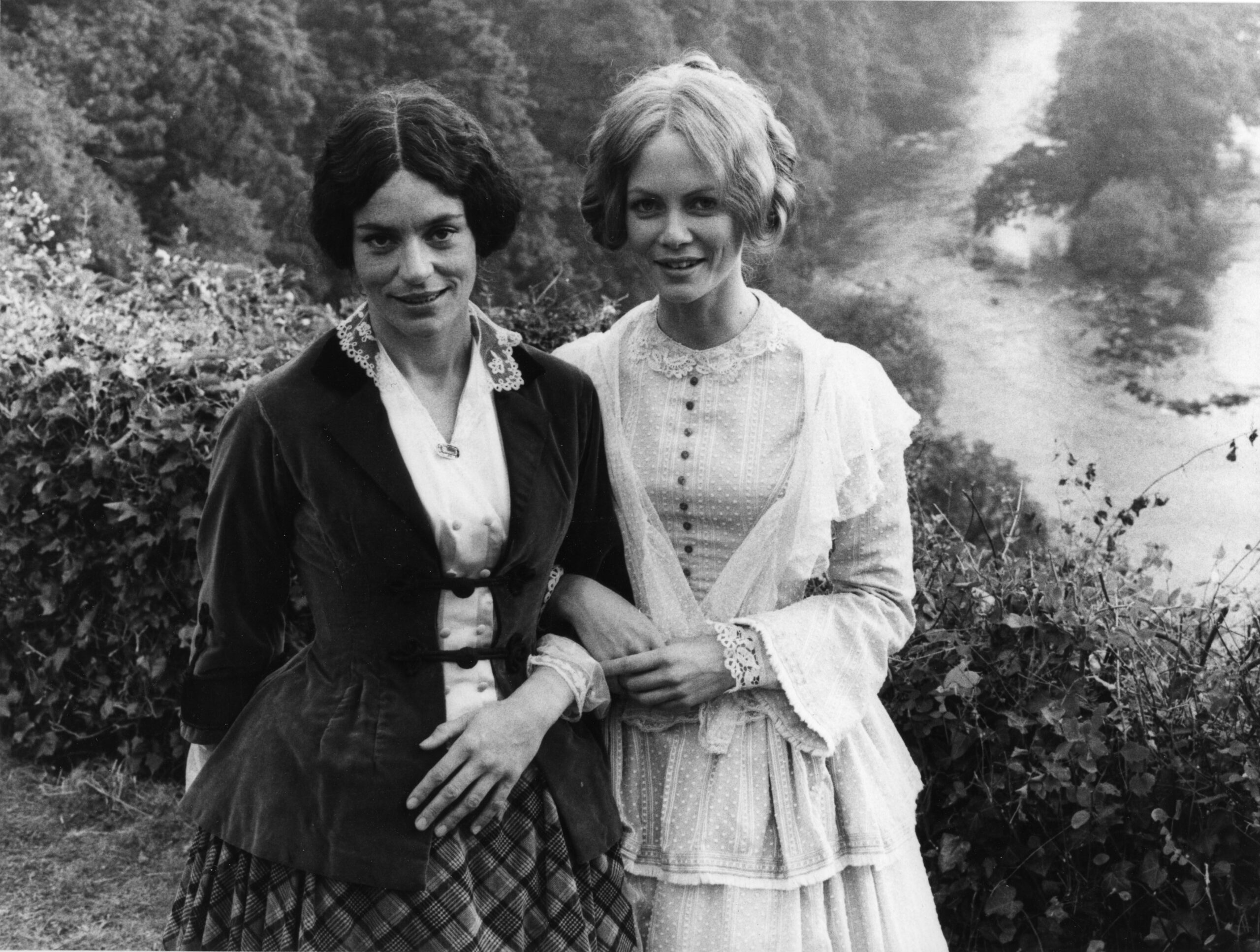Wilkie Collin’s was ahead of his times and in many ways ahead of our own era, mused Matthew Sweet on BBC Radio 4’s The Wilkie Collins Guide to Modern Life.
Or more prosaically ‘Woke Wilkie’ delved into the issues of restitution, polyamory, disability or gender roles in his 19th century novels.
In this his bicentenary year, Matthew will open up the world of Wilkie Collins’s fiction – a world that is profoundly strange, but deeply engaged with questions with which we’re still grappling today – runs the publicity.
Best known for his novels The Moonstone and The Woman In White (recently serialised on BBC4 Extra) Collins was also a playwright and essayist – and pal of Charles Dickens.
Matthew Sweet’s wry humour and a fondness for quirky details gave the programme an enjoyably informative and sideways look at the bearded and rather austere looking Victorian father of three.
We learn that BBC Radio 4’s Money Box presenter Paul Lewis is the secretary of the Wilkie Collins Society who said the author spent more than he earned although made a good living from his pen.
Champagne, cigars and visits abroad and to Ramsgate – plus his love life and family – were a natural drain on his finances.

What was at the heart of the programme was the question of what was the message? We know about Charles Dickens’ views on society, poverty and the need for reform but Collins said Matthew Sweet has a different agenda. His characters are often unconventional in appearance for instance- which are not reproduced in the various TV and film adaptations.
Collins was often unwell with several conditions including gout and angina which led him to imprint physical and health problems into is characters. Those who are physically perfect are often the villains and those with disabilities or imperfections are frequently seen as the heroes.
Harry Mottram
The picture is of The Woman In White – BBC TV 1982 – Diana Quick and Jenny Seagrove.


You must be logged in to post a comment.